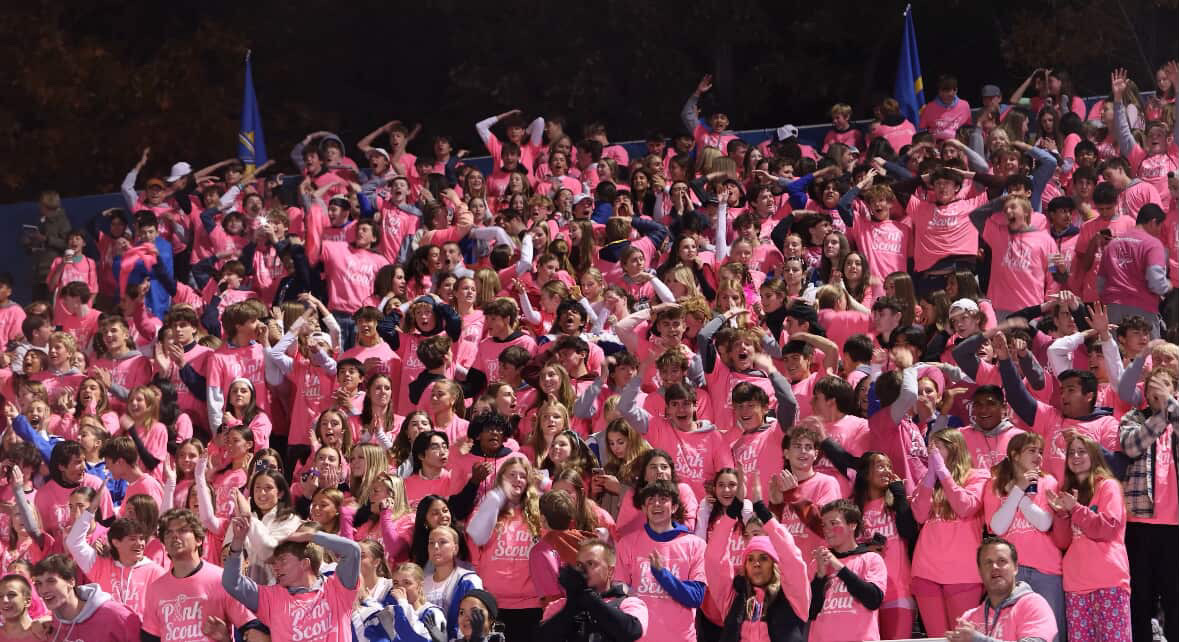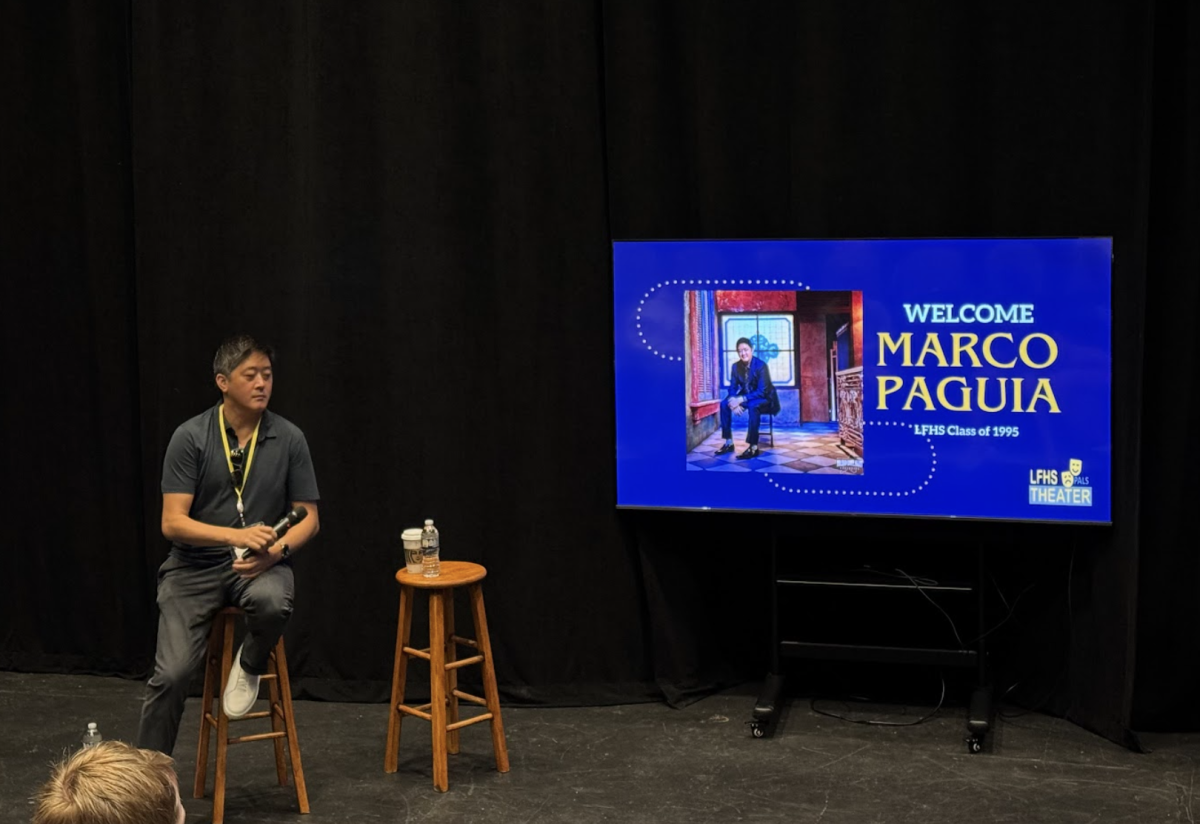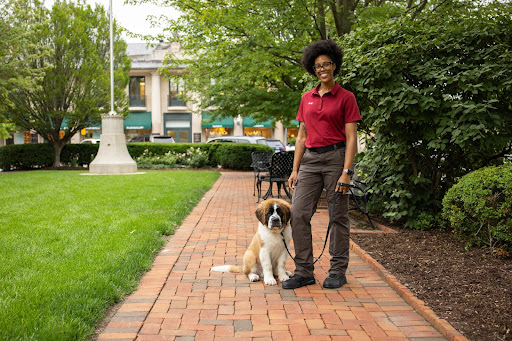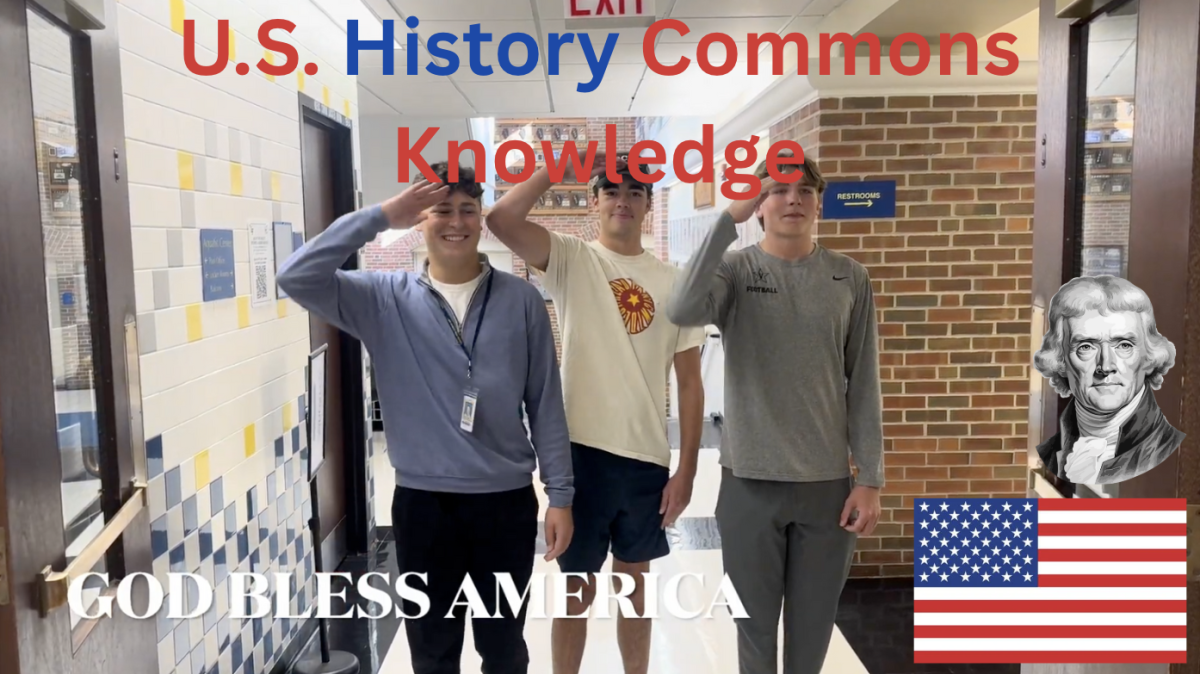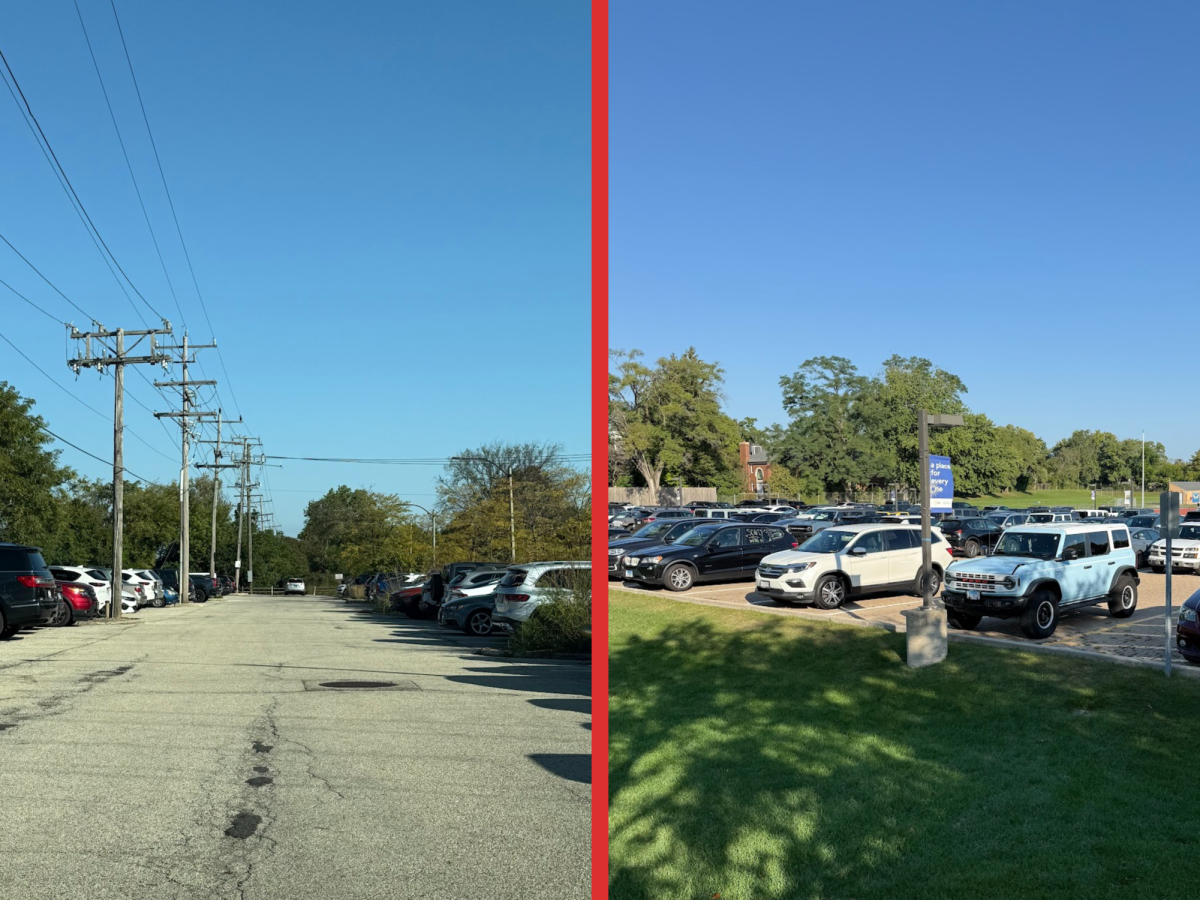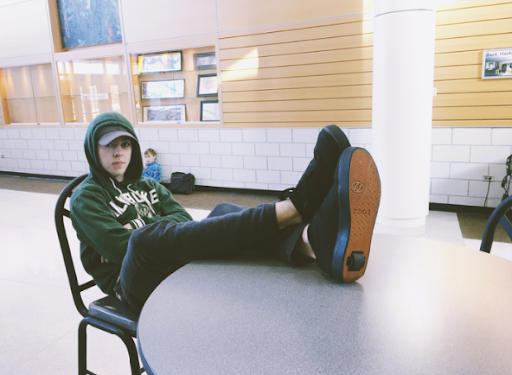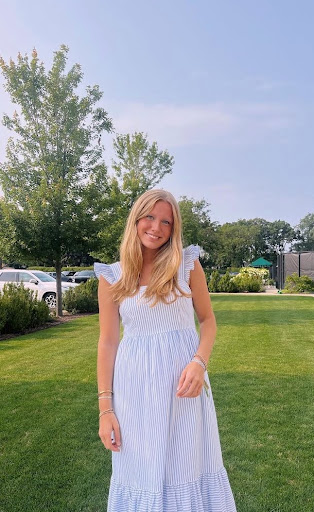Our community is one that most of us feel very fortunate to grow up in, offering a constant sense of safety, security, and privilege. With an average household income of $284,784 and a typical home value over $1 million, it’s no surprise that Lake Forest is often ranked among the wealthiest suburbs in the country. Although many aspects of our lives are certainly ideal, this prosperity can lead to a lack of awareness about the hardships that many experience around the world.
This income and life of luxury may sound normal to us but, to put it into perspective, we must compare our norm to the way most people live around the world. Almost 700 million people– or 8.5% of the global population– are currently living in extreme poverty. They are earning less than $2.15 per day, which amounts to $784.75 per year– and this is only if they work every single day of the year. In 2030, 622 million people, or 7.3% of the total population, are still expected to live in extreme poverty. One in three people currently lack access to safe drinking water. 473 million children, or nearly one in five globally, are currently living in conflict zones. Every day, 25,000 people die of hunger– more than the entire population of Lake Forest. The prosperity that we live in is not the norm.
The majority of LFHS students don’t have to worry about basic needs like access to clean drinking water, or putting food on the table. We don’t hear planes in the sky and worry that they will drop a bomb on us. We don’t live with the constant fear of losing our homes or not being able to pay rent. These things may all seem simple but, in reality, billions of people are dealing with similar problems to these on a day-to-day basis.
From expensive clothing brands to luxury cars, there is an apparent focus on material success in LF. Many residents believe that in order to fit in with our society, they must wear the latest clothing trends, or purchase the biggest mansions. While all this can be temporarily fulfilling, it leads to a culture where the appearance of wealth and success are prioritized, often causing us to lose focus of what truly matters.
The word “bubble” is often used to describe a situation in which people are shielded from the struggles and challenges that others experience on a daily basis. In the case of LF and its neighboring towns, this can mean a lack of exposure and understanding of the economic hardships, social issues, and so much more that many people struggle with around the world. Many of us have grown up with access to the very best education, extracurriculars, and resources, but how well do we really understand the experiences of those who are less fortunate?

Bria Mancuso, a senior at LFHS, recently went on a mission trip with her church to build homes in a less privileged community in the Dominican Republic. She reflected on the trip as “a grounding experience” that changed her perspective on life permanently.
“Most of the people I met were either homeless or living in buildings that I would barely classify as a house,” said Mancuso. “Despite their situation, they were all very positive and grateful. They didn’t have a lot but they still appreciated everything so much; I never heard any of them complain.”
Mancuso also became much more aware of how privileged she is to live in a town like LF.
“This trip really humbled me and showed me how much we struggle with overconsumption,” said Mancuso. “Most of the things we have are wants rather than necessities, and I think we all need to change our mindset and be much more grateful for what we have.”

Mancuso believes that a trip similar to hers is something that many LFHS students could benefit from.
“I think everyone in our community who is able to should take a trip like this to humble them and make them kinder people. We normalize designer items and wealth so much here, and the world is just so much bigger than that,” said Mancuso.
Although it may be easy to become caught up in all the wealth and focus on material success in our community, it is important to take a step back and look at what truly matters. The vast majority of people who are stuck in bad situations cannot just “get a job,” or “figure it out,” and phrases like these oversimplify issues that, in reality, are extremely complex and difficult. Just “working harder” is not a realistic solution– it is about having access to the opportunities, support, and resources that we easily take for granted.
It is crucial that we not only acknowledge the privilege we have in our community, but also think about what we can do with it. There are many ways that we can use our resources to help those who do not have access to the same opportunities. This doesn’t necessarily mean completely changing our lifestyles overnight, but it does mean becoming more aware and open-minded to ways that we can contribute to making the world a better place.
It is easy to get caught up in the cycle of always striving for more. This can be very beneficial when it comes to things like our careers or education but, when it comes to possessions, status, and external validation, we often lose sight of the fact that true fulfillment does not come from material possessions, but instead from how we use our position to create a positive change for others.
Recognizing the privilege that we have is not about feeling guilty– it is about realizing how lucky we are to be in a position to make a positive impact on the world. By shifting our focus from accumulating material possessions to trying to better the world, we can step outside of the bubble, helping to break the cycle of overconsumption in our community and achieving a deeper and longer-lasting sense of fulfillment.


